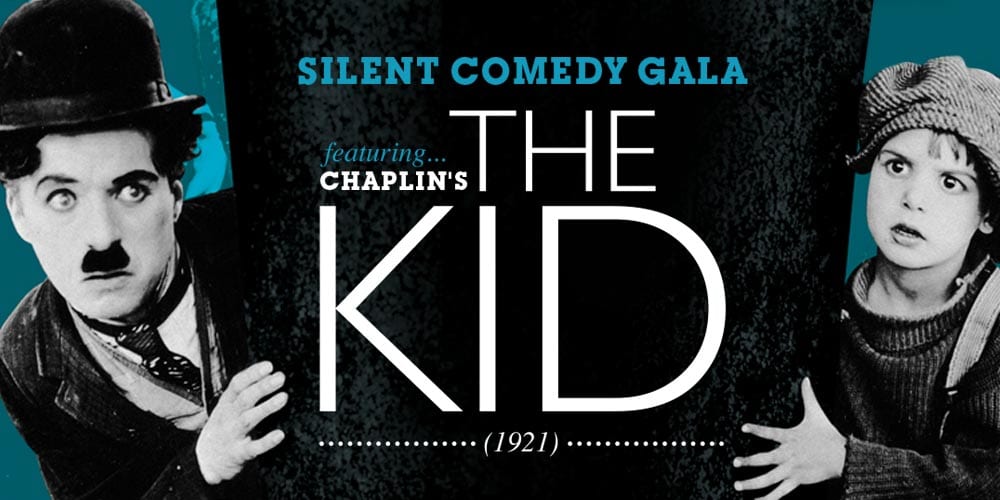Slapstick Festival
Slapstick Pre-Festival Launch Event Fri 4th December, 8pm £7-£19.50 We’re thrilled to announce that one of the UK’s best loved entertainers, Matt Lucas, is coming to Bristol for a special Slapstick Festival launch event this December to be held in the beautiful St Georges. Matt is famous for his own brand of slapstick comedy, and has starred in … Read more
SILENT COMEDY GALA Fri 22nd January 7.30pm £25/£20concs /£10 under 12s Slapstick Festival’s annual celebration of silent comedy returns to Colston Hall for a 12th year, beginning with a special triple bill. Both wonderfully funny and deeply moving, THE KID (1921) is rightly considered a cinematic masterpiece. Chaplin’s first feature film was a landmark of … Read more


